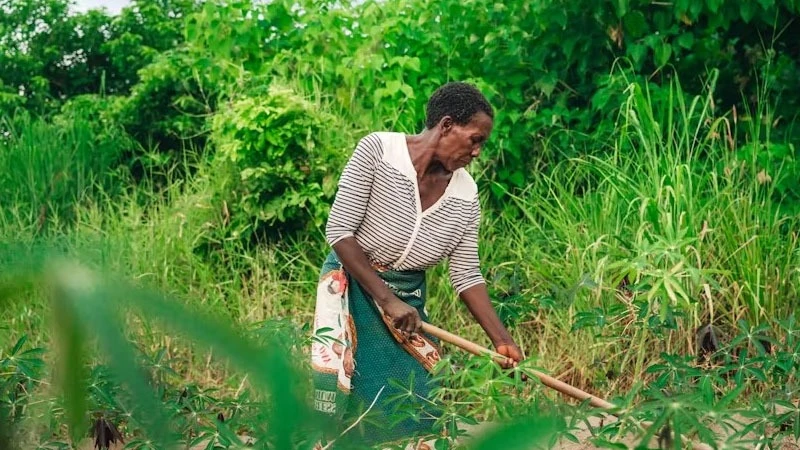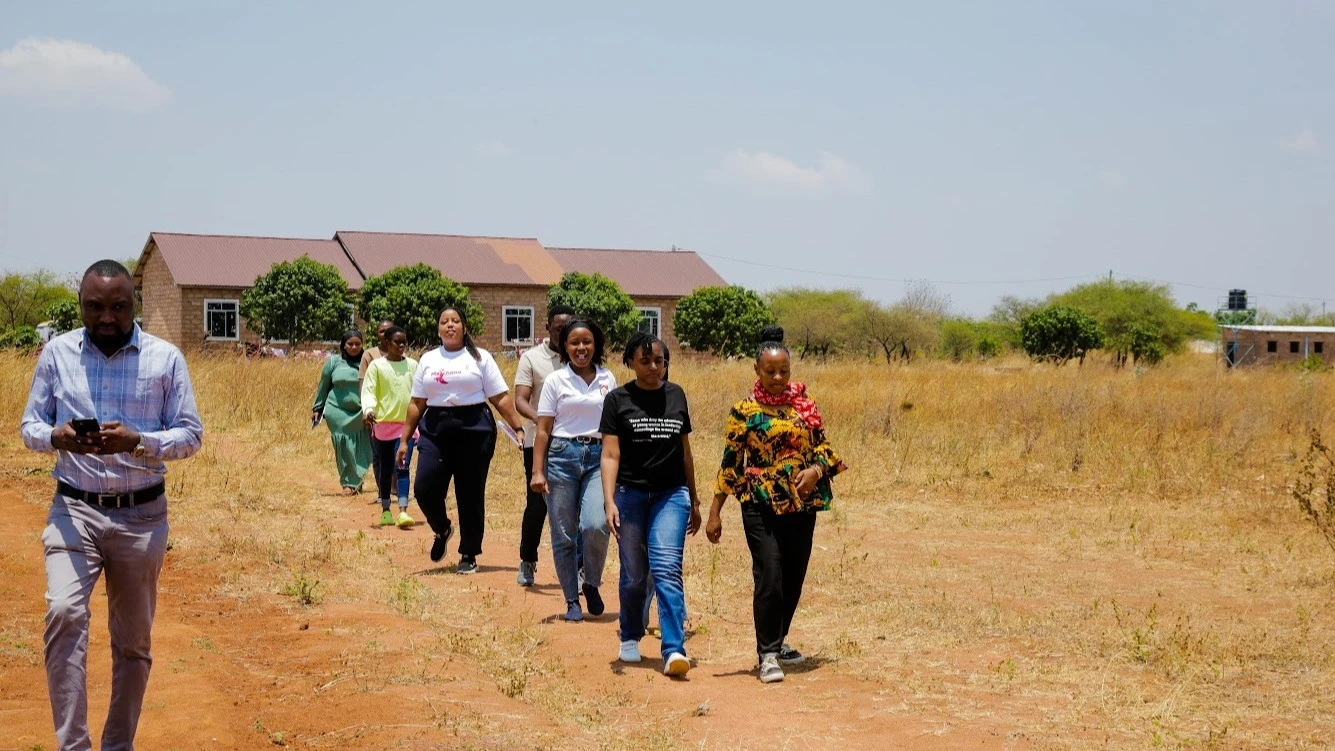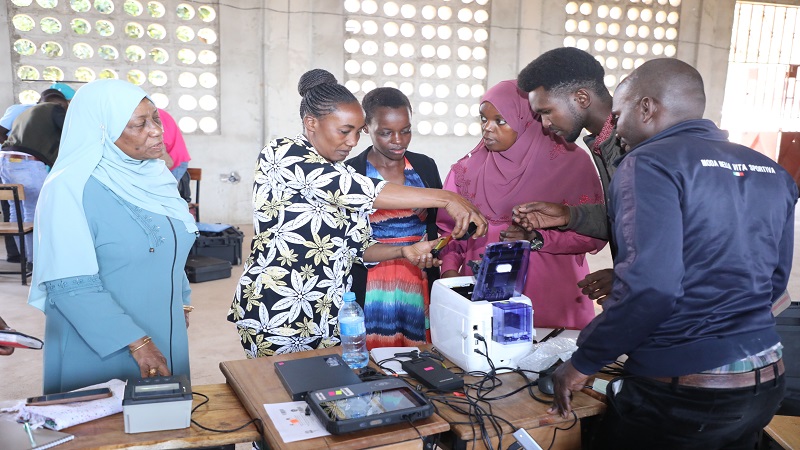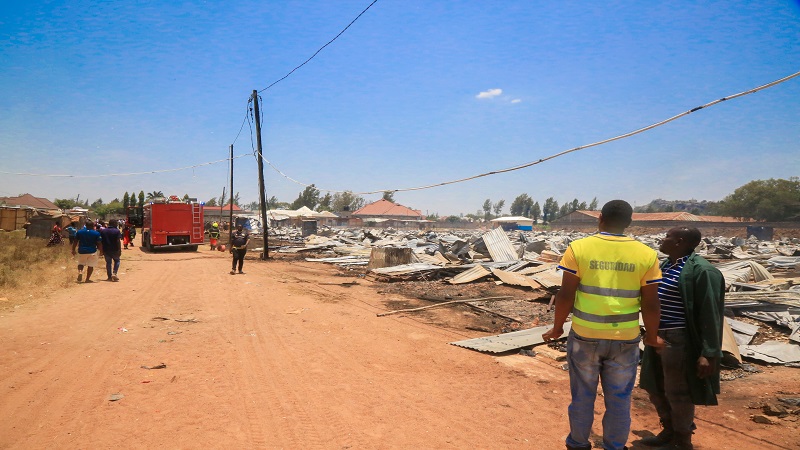Ninety unplanned villages in Kyela targeted in survey drive
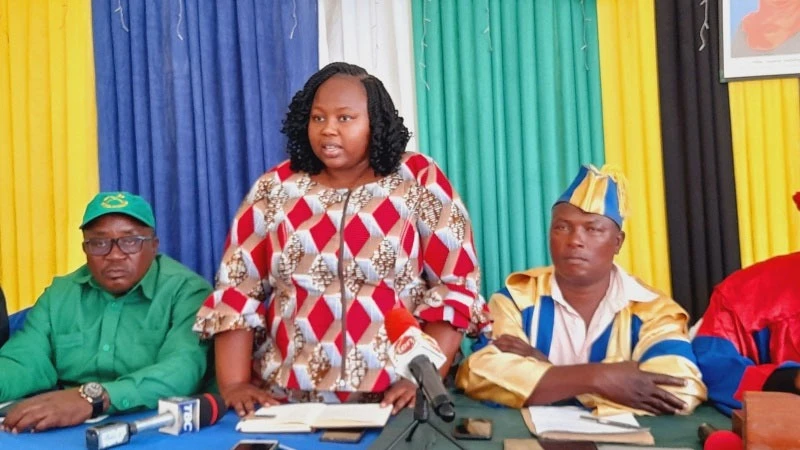
THE government through Land Tenure Improvement Project (LTIP) expects to identify, plan and formalise a total of 27,600 plots in seven wards of Kyela District, Mbeya Region.
The initiative will also involve surveying and putting in place better land use plans in 90 villages in the district.
Kyela District Commissioner Josephine Manase unveiled this yesterday here during the opening of a meeting to discuss progress of the project.
She said among other things, LTIP focuses on increasing security of land ownership across the nation through implementation of several interventions towards planning, surveying, registering and issuing right of land occupancy in both urban and rural areas.
“We thank the government for bringing this project because apart from enhancing security of land ownership, the initiative has also helped stimulate economic development by increasing access to financial services through title deeds hence improving livelihoods,” she said.
She added that the land formalisation project will also help increase revenue collection.
She said in Kyela, only three villages had better land use plans but with the project, all the remaining 90 villages will be reached.
Manase urged the district’s officials to work cooperatively to ensure that the project is smoothly implemented and achieve intended goals.
Kefa Mwanganda, Ndandalo Ward Councillor thanked the government for the project which he said will improve land security and eliminate conflicts.
“By surveying and formalizing land ownership, we significantly boost our economy. Well-planned and surveyed land increases in value, which in turn, escalates economic activities,” he said.
Historically, Tanzania has grappled with issues such as unclear land boundaries, lack of formal land title deeds and disputes over land ownership.
These challenges are exacerbated in rural areas where customary land rights prevail, often without formal recognition, leaving communities vulnerable to land grabs and conflicts.
Moreover, the rapid urbanization in Tanzania has put additional pressure on land resources, leading to increased land conflicts, insecure land tenure for urban poor, and challenges in urban planning.
Top Headlines
© 2024 IPPMEDIA.COM. ALL RIGHTS RESERVED















